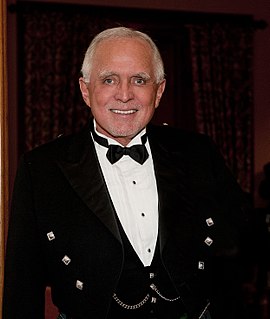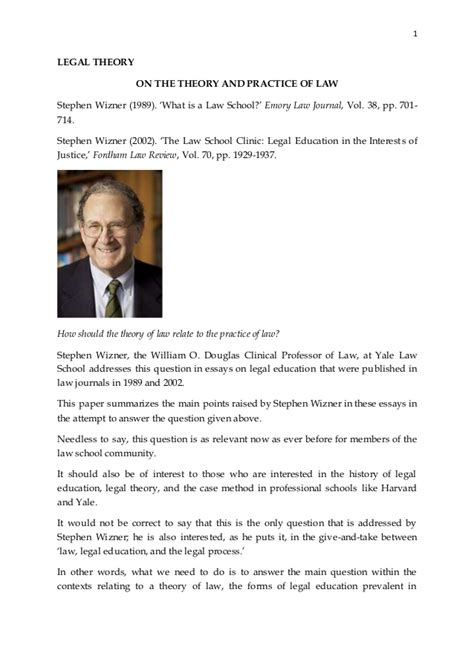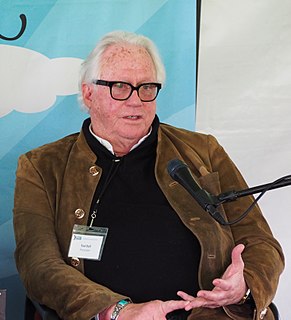A Quote by Daniel Lyons
Some law firms now use artificial intelligence software to scan and read mountains of legal documents, work that previously was performed by highly paid human lawyers.
Related Quotes
The lawyers have escaped most criticism [and undeservedly so]. The tax shelters [were approved by lawyers, who got paid huge commissions to do so] and every miscreant had a high-falutin' lawyer at his side. Why don't more law firms vote with their feet and not take clients who have signs on them that say, "I'm a skunk and will be hard to handle?" I've noticed that firms that avoid trouble over long periods of time have an institutional process that tunes bad clients out. Boy, if I were running a law firm, I'd want a system like that because a lot of firms have a lot of bad clients.
Lawyers, before any other group, must continue to point out how the system is really working-how it actually affects real people. They must constantly demonstrate to courts and legislatures alike the tragic results of legal nonintervention. They must highlight how legal doctrines no longer bear any relation to reality, whether in landlord and tenant law, holder in due course law, or any other law. In sum, lawyers must bring real morality into the legal consciousness
US law and international human rights law have radically diverged in the past years in terms of the recognition of indigenous people's rights. International human rights law now looks at not whether or not the tribes have formal ownership or legal title in a Western legal conception might have it, but rather they look at the tribe's historical connection to that land.
Educating Lawyers succeeds admirably in describing the educational programs at virtually every American law school. The call for the integration of the three apprenticeships seems to me exactly what is needed to make legal education more professional, to prepare law students better for the practice of law, and to address societal expectations of lawyers.
I think whatever nation or whoever develops one artificial intelligence will probably make it so that artificial intelligence always stays ahead of any other developing artificial intelligence at any other point in time. It might even do things like send viruses to a second artificial intelligence, just so it can wipe it out, to protect its grounds. It's gonna be very similar to national politics.
In fact, I've had many lawyers who I felt provided excellent advice and service during important decisions or difficult times. That being said, I always wondered why the law firms that serve the most innovative technology companies in the world rarely adopt innovative software or try to improve their business operations.
Legal documents have mistrust written all over them. It's unfortunate, but the human DNA is so tuned to kind of taking you for granted that we tend to protect ourselves legally. That's why I don't read them as, if I read them, I will go soft. To me, the human relationship is far more important than the professional bond I share with anyone.
I advocate as a futurist and also as a member of the Transhumanist Party, that we never let artificial intelligence completely go on its own. I just don't see why the human species needs an artificial entity, an artificial intelligence entity, that's 10,000 times smarter than us. I just don't see why that could ever be a good thing.
Within a few decades, machine intelligence will surpass human intelligence, leading to The Singularity -- technological change so rapid and profound it represents a rupture in the fabric of human history. The implications include the merger of biological and nonbiological intelligence, immortal software-based humans, and ultra-high levels of intelligence that expand outward in the universe at the speed of light.



































